MHARR VIEWPOINT – AUGUST 2010
By Danny D. Ghorbani
 The first step in solving a problem — any problem — is admitting to yourself that there is a problem, that the problem is real and that it exists. The second step, and perhaps the most difficult, is to accurately assess and define the problem, so that one or more potential solutions can be considered, weighed and, ultimately, implemented.
The first step in solving a problem — any problem — is admitting to yourself that there is a problem, that the problem is real and that it exists. The second step, and perhaps the most difficult, is to accurately assess and define the problem, so that one or more potential solutions can be considered, weighed and, ultimately, implemented.
By any objective measure, the HUD Code manufactured housing industry has a problem. Over more than ten years, production and sales have plummeted. From a modern high of more than 373,000 homes in 1998, production in 2009 fell to below 50,000 homes. The trend in the statistics, moreover, has been steadily downward, and appears — over the long-term — to transcend both positive and negative changes in the broader economy and the broader housing market. No amount of happy talk or glad-handing can paper over this fundamental fact — the status quo for the industry and its consumers is unacceptable, and must be changed.
But that is the easy part. The more difficult part is defining the problem as an avenue to arriving at solution(s) that will work. To start, we can identify what is not a problem — and that is our relations, as an industry, with Congress and the lawmakers in Washington, D.C., who pass the laws that govern our comprehensive regulation by HUD and the finance programs and entities that impact the ability of lower and moderate-income Americans to purchase industry products that they can afford without costly subsidies.
The track record of the industry and its representation in Washington, D.C. within this realm is quite good, and the reason is very simple — manufactured housing and the manufactured housing industry are favored by legislators in Congress. And for good reason. The industry provides jobs that will stay here in America, without outsourcing. The jobs that the industry provides are well-paying manufacturing jobs, typically located in the heartland of the country, where the success or failure of the broader economy is largely determined. The industry, moreover, produces homes that provide affordable home-ownership for American families at all income levels without tax-funded subsidies. The industry, therefore, provides a vital resource — affordable home-ownership — without asking for tax dollars, only parity with other types of housing in various government housing programs, such as FHA programs.
So, Congress has been good to the industry. In 2000, it passed the Manufactured Housing Improvement Act, to take manufactured housing into the 21st century and complete its legal and policy transition to the legitimate housing. In 2008, aware of the trouble that consumers were having with financing, Congress included two critical manufactured housing provisions in the Housing and Economic Recovery Act of 2008 (HERA) — the “duty to serve underserved markets,” designed to expand and improve private financing and end discrimination against manufactured housing by the Government Sponsored Enterprises (GSEs), and FHA Title I and Title II improvements, designed to expand and improve public financing for manufactured homes financed as chattel, real estate and as part of land-home packages.
These are all good laws, designed to promote the availability and use of affordable manufactured homes. These laws should have fostered an industry boom in the solid national economy of the years following 2000 — with an industry expansion involving hundreds of thousands of homes — and should be helping to foster an industry revival now, in a post-recession economy. At least that was the hope — and the theory. But, things have gone wrong, and therein lies the problem.
The problem is that none of these good laws are being implemented in the way that Congress wanted, and expected. The 2000 reform law has been gutted by HUD regulators and attorneys. There is no — and has been — no appointed program Administrator for most of the past ten years. Enhanced preemption has never been implemented. The MHCC — the real centerpiece of the 2000 law — is being turned into another rubber-stamp “advisory council.” Its proceedings have been taken over by program regulators and a large chunk of its authority was taken away when HUD — without any public comment — read catchall section 604(b)(6) out of the law, which required HUD to bring enforcement policy and practice changes to the Committee.
HERA-based FHA Title I improvements have fared no better. Inexplicably delayed for years, those improvements are now finally being implemented, but their impact appears likely to be minimized by recently announced Ginnie Mae requirements for the securitization of new Title I loans ($10 million minimum adjusted net worth plus 10% of outstanding manufactured housing mortgage-backed securities) that will severely restrict access to the program by the new lenders that will be needed to appreciably increase the availability and number of manufactured housing loans for consumers.
Similarly, the proposed rule to implement DTS published on June 7, 2010, represents a major disconnect with the intent and objectives of Congress that, if implemented, will predictably fall well short in helping to end the discrimination against manufactured homes by the GSEs, that lies at the root of the current near-unavailability of manufactured home financing.
Despite good relations with Congress, then, and good laws passed for the benefit of the industry and its consumers, the results have not matched expectations. The implementation of each of these laws, by relevant federal agencies, has not come even close to what Congress wanted. And in certain respects, these agencies are openly defying clear congressional directives.
The pattern, therefore, is clear. Congress tries to help the industry and, then … nothing — or close to nothing or, sometimes, worse than nothing. For an industry that is comprehensively regulated by the federal government and, thus, thrives or declines based on decisions made in Washington, D.C., this is — and has been — a prescription for trouble. As an industry, we have an obligation, to ourselves and to our consumers, to question — to ask why this is happening, and how it can be fixed before much of the industry falls by the wayside, leaving only a handful of survivors. MHARR is asked constantly why the industry is so impotent in Washington, D.C. in the face of continual resistance by regulators and other administrative types to the proper implementation of the good laws that Congress provides us. MHARR , in response, has studied this issue, going back over the history of the industry’s presence and involvement in Washington, D.C., dating back to the start of federal regulation, to find workable solutions, and will share its findings and suggestions in the September 2010 MHARR Viewpoint.
In MHARR’s view, the industry’s inability to implement critical laws despite strong Congressional support lies at the core of the industry’s difficulties, and needs to be addressed decisively.
MHARR is a Washington D.C.-based national trade association representing the views and interests of federally-regulated manufactured housing.



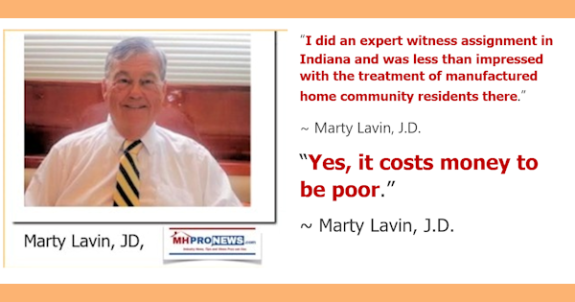
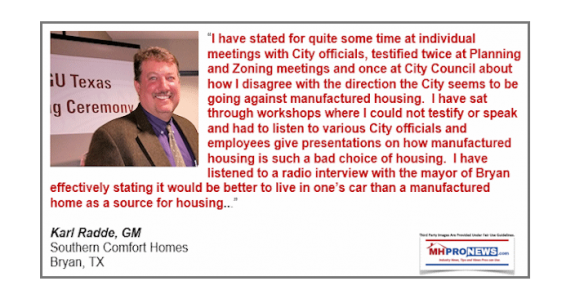
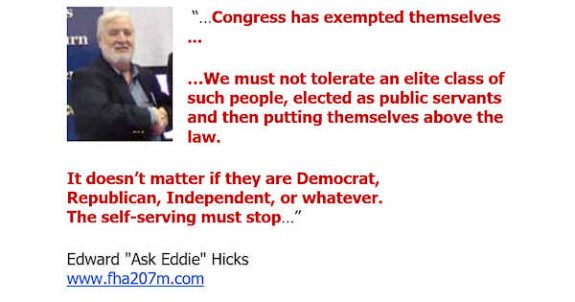
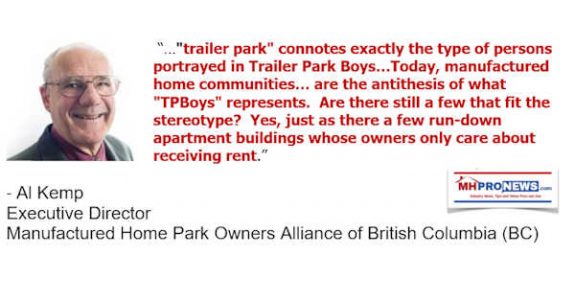
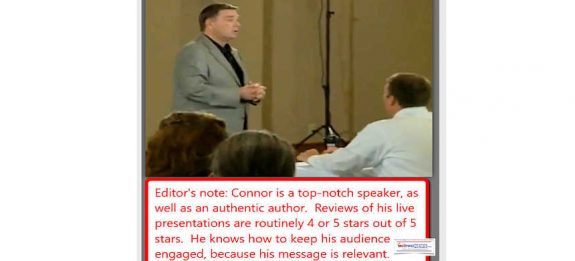
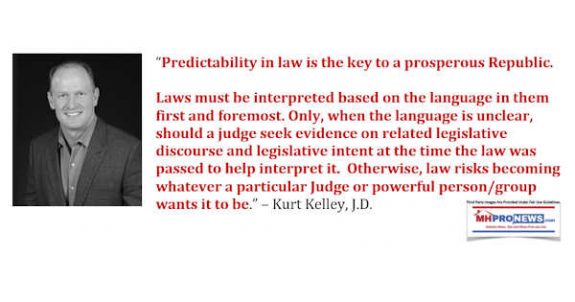
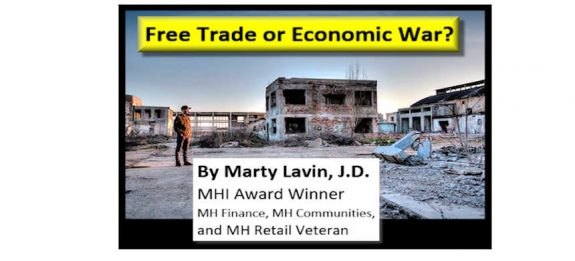
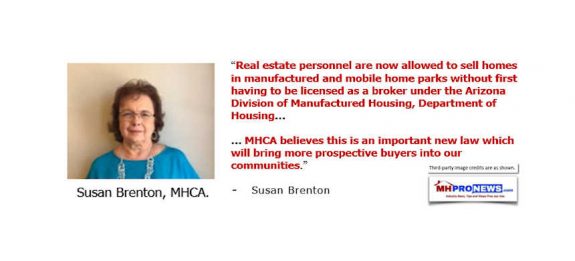
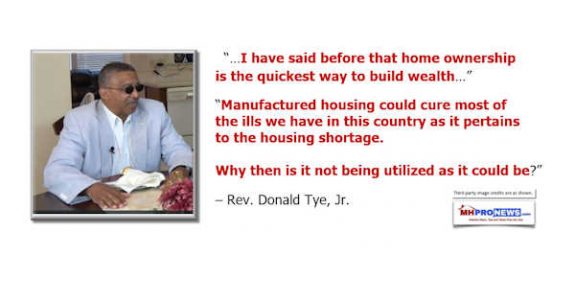
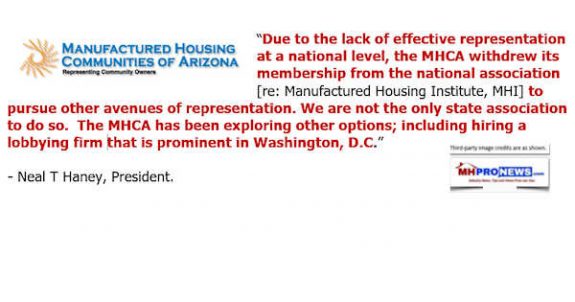

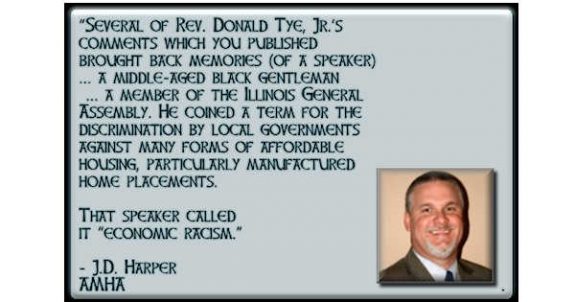
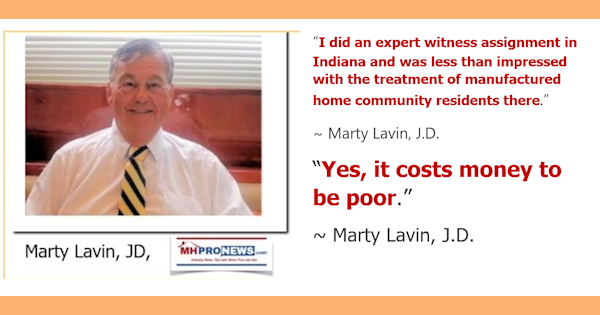
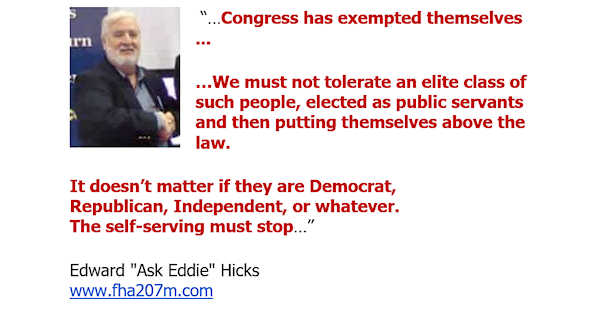
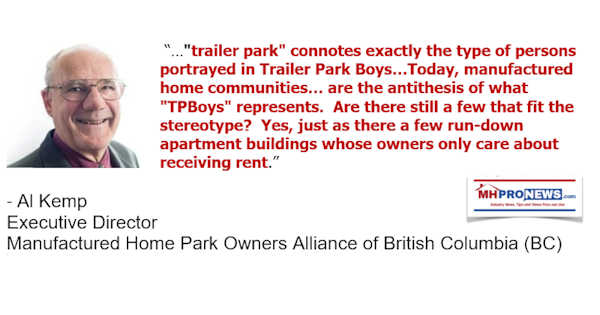
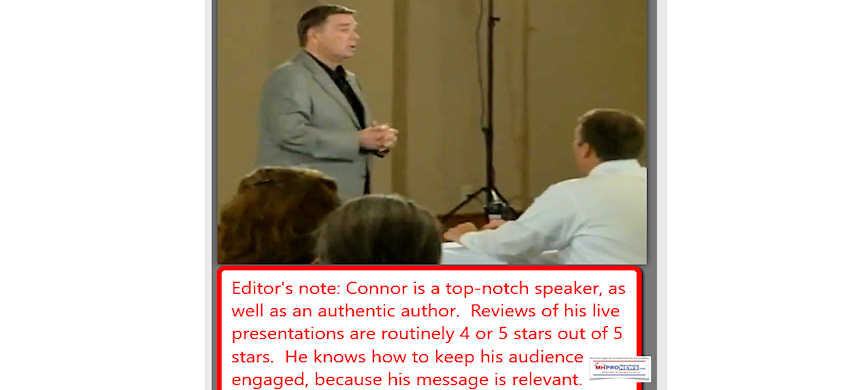
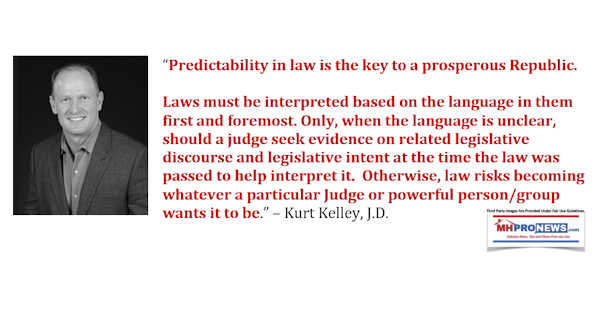
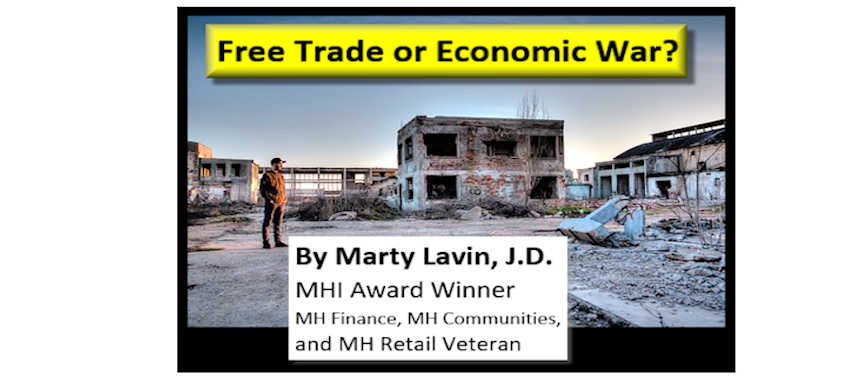
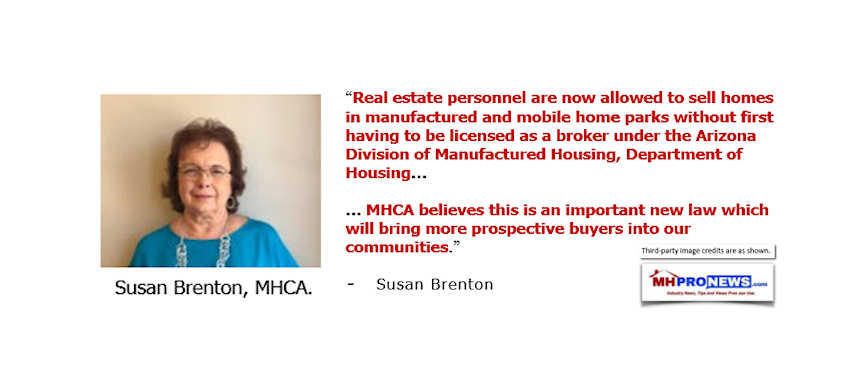
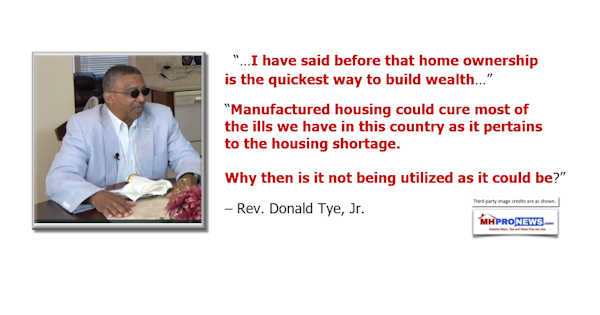
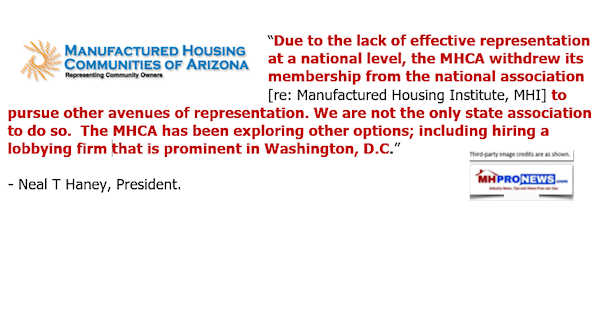

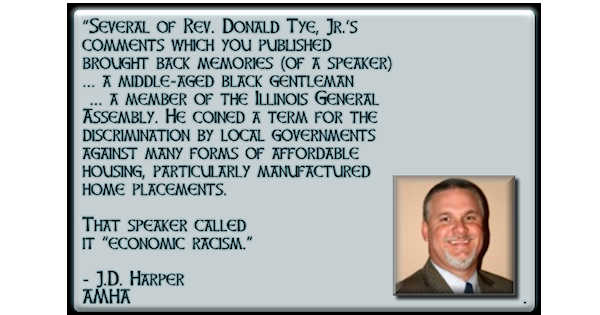
Karl Radde – TMHA, MHI, Southern Comfort Homes – Addressing Bryan City Leaders, Letter on Proposed Manufactured Home Ban
To All Concerned [Bryan City Officials, Others]: As the retail location referenced by Mr. Inderman, I would like to take a moment to address the …